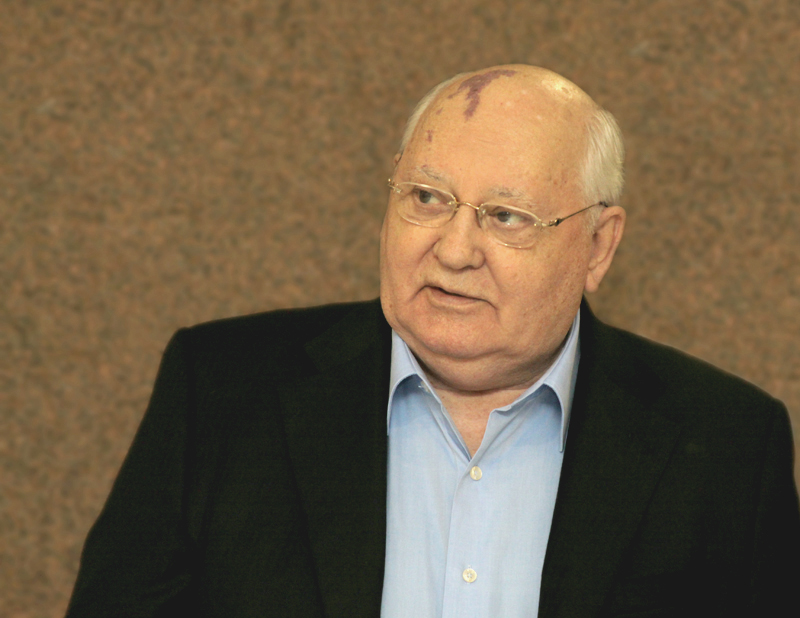Mikhail Gorbachev: START I laid foundation for further agreements

Mikhail Gorbachev
Courtesy photo
Former Soviet President Mikhail Gorbachev has given an interview to Interfax special correspondent Vyacheslav Terekhov dedicated to the 30th anniversary of the signing of START I treaty by Gorbachev and U.S. President George Bush Sr. in the Kremlin on July 31, 1991.
Question: This was a historical date. How do you assess the significance of this document 30 years later?
Answer: This is not just a historical date. This treaty became the foundation of all agreements that followed. Moreover, the problem of strategic offensive arms isn't resolved. It's still pressing.
And is it coming under attack?
Q.: Not now, but as far as I know it has been in the past.
A.: Very well. No matter who is criticizing it, they should be aware that the stockpiles amount to 15% of what was at the peak of the arms race. Think about it, just 15%, although this is still a lot. I have said and will keep on saying that we should continue moving along this track.
The main thing today is that we have managed to preserve the New START treaty, and I see it as a successor of the first treaty. It allows us to begin negotiations on strategic stability. Of course, it would be better to put it more specifically – “on strategic stability and the further reduction of nuclear weapons.''
Q.: I know from the recollections of participants of the START I negotiations that the issue of control was very acute. The Americans thought that this problem would be an obstacle for us.
A.: Yes, there was the issue of control.
Q.: So, they thought that we would stop?
A.: I'd rather say that was an attempt to drag out the negotiations. So what? We agreed to the strictest control but on a mutual basis. And that was the right thing to do. Let there be the strictest possible control. Let me say once again that the problem is still there.
But we have to move ahead, and I never tire of urging Russia and the United States to do so.
Q.: And what about China and other nuclear states?
A.: I said in an interview with you that it is possible to engage other nuclear states only if Russia and the U.S. start agreeing on a lower level of nuclear weapons.
Q.: Is it possible?
A.: Let me say once again, we have to move ahead. There is a problem, it is still there... But we have to take experience into account and move ahead without letting the negotiations drag on. Time... time!

